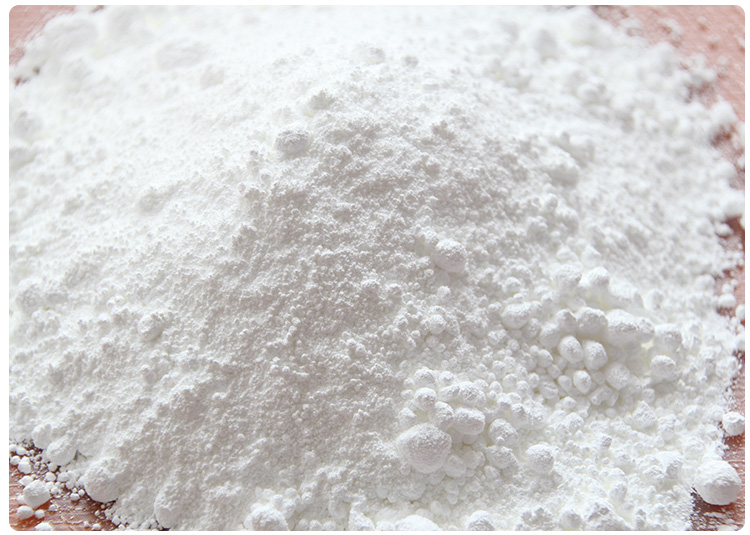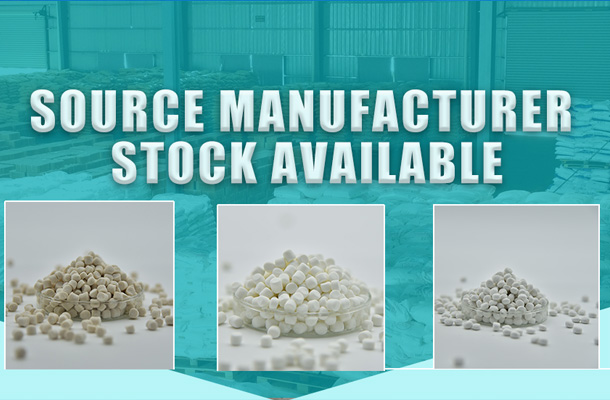Zinc oxide (ZnO) plays a crucial role in the rubber industry, particularly for the following reasons:
Sulfur Vulcanization Accelerator: Zinc oxide accelerates the vulcanization process by forming active complexes that react with sulfur or sulfur donors, thereby speeding up the cross-linking of rubber molecules.
Reinforcement: As a reinforcing agent, zinc oxide contributes to the tensile strength, tear resistance, and elasticity of rubber products, enhancing their overall performance.
Improvement of Physical-Mechanical Properties: Zinc oxide improves the thermal conductivity, wear resistance, tear resistance, and tensile strength of rubber.
Anti-Aging Properties: It enhances the anti-aging properties of rubber, making rubber products more durable.
Colorant and Filler: In specific applications, such as white adhesives, zinc oxide can serve as a colorant and filler.
Increasing Crosslink Density: When used in conjunction with stearic acid, zinc oxide can increase the crosslink density of the compound, improving the physical properties of the rubber.
Key Component in Vulcanization Systems: Alongside stearic acid and other activators, zinc oxide is a critical component of vulcanization systems, working synergistically to enhance the viscosity and aging resistance of vulcanized rubber.
Application in Various Rubbers: In different types of rubbers like natural rubber, synthetic rubbers, and chloroprene rubber, zinc oxide serves various functions as a vulcanizing agent, accelerator, or reinforcing agent.
In summary, zinc oxide is essential in the rubber industry, contributing significantly to the physical-mechanical properties and chemical stability of rubber products, making it an indispensable raw material in this field.








